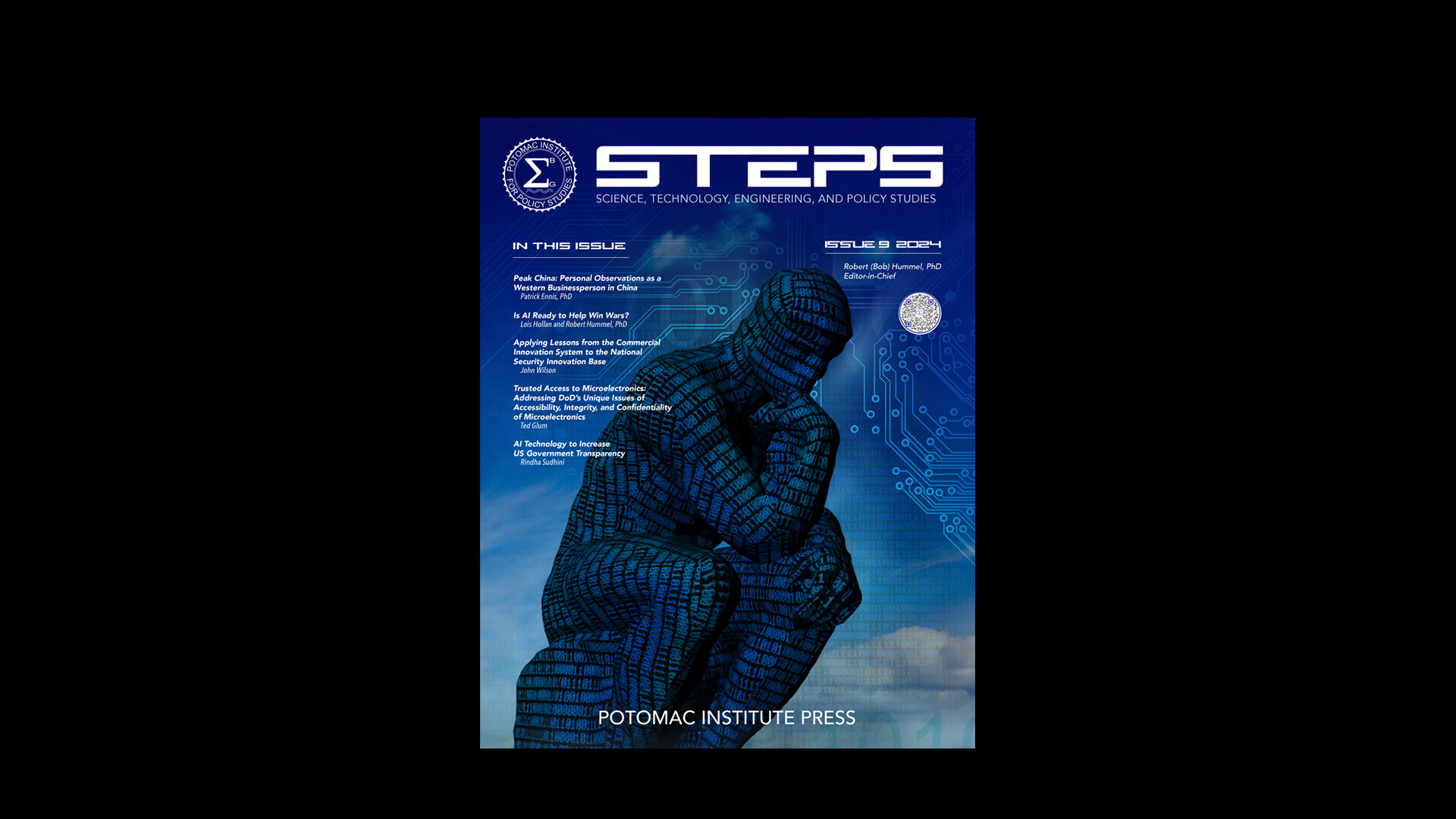By Ewelina Czapla
Although we currently fear that our phone or online data is outside of our control and subject to searches by both private industry and the government, much more will be at stake in the future: our thoughts and ideas. Throughout recent years our privacy has constantly been challenged by the development of evermore invasive technologies. While there has been a call for an explicit right to privacy, the addition of such a right to our Constitution may not suffice in protecting us in the years to come.
Currently, we produce data by using our phones, computers and tablets. This data can be so personal as to include the thoughts we formalized with text. But recent developments in the field of fMRI suggest that we are able to accurately read the human mind. When looking even further into the future it is likely that we will be able to digitally interface with the human brain, making the next generation smartphone an implant. At this point, not only will the data we choose to formalize with text be subject to the access but also our very thoughts and ideas.
We find ourselves without an explicit right to privacy due to the high rate of technological development and the slow rate of legal development. Our legal system has managed to respond to the Phase 1 impacts of digital communication. However, it is still struggling to address the Phase 2 impacts after decades while the Phase 3 impacts are on the horizon. Unless action is taken now we will find ourselves not only weary about our lack of privacy but also the lack of cognitive liberty. For this reason, we must look beyond simply the right to privacy and call for cognitive liberty including the right to cognitive enhancement, ownership of personal data including thoughts and as well as protections for our thoughts similar to those afforded to spoken word. Only when such changes are made will we be afforded adequate civil liberties to function in the modern world.

















